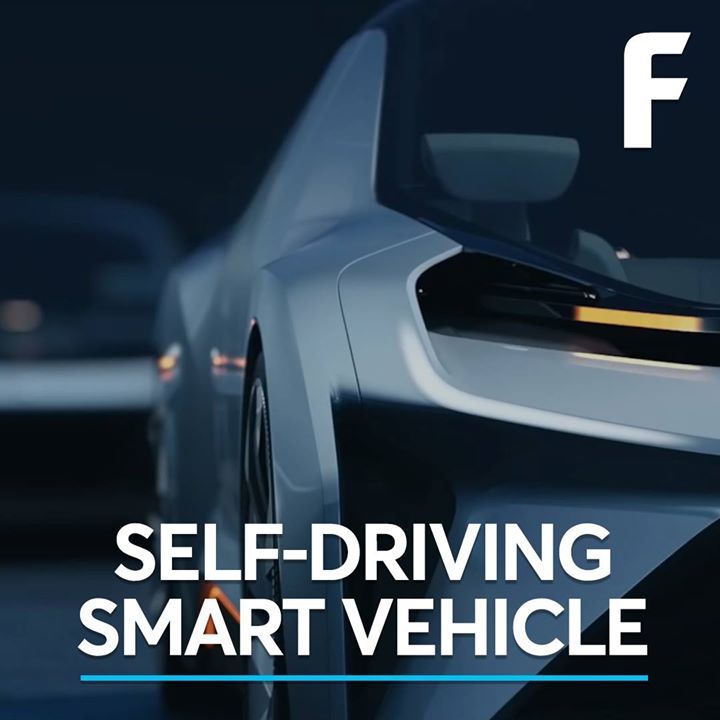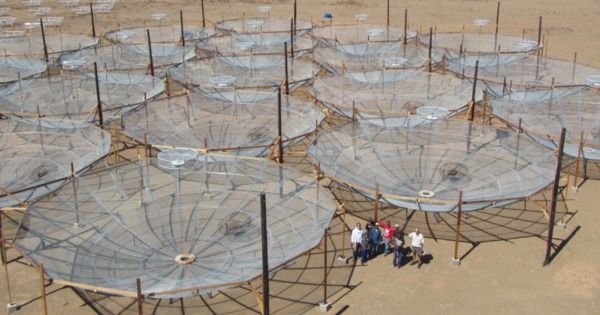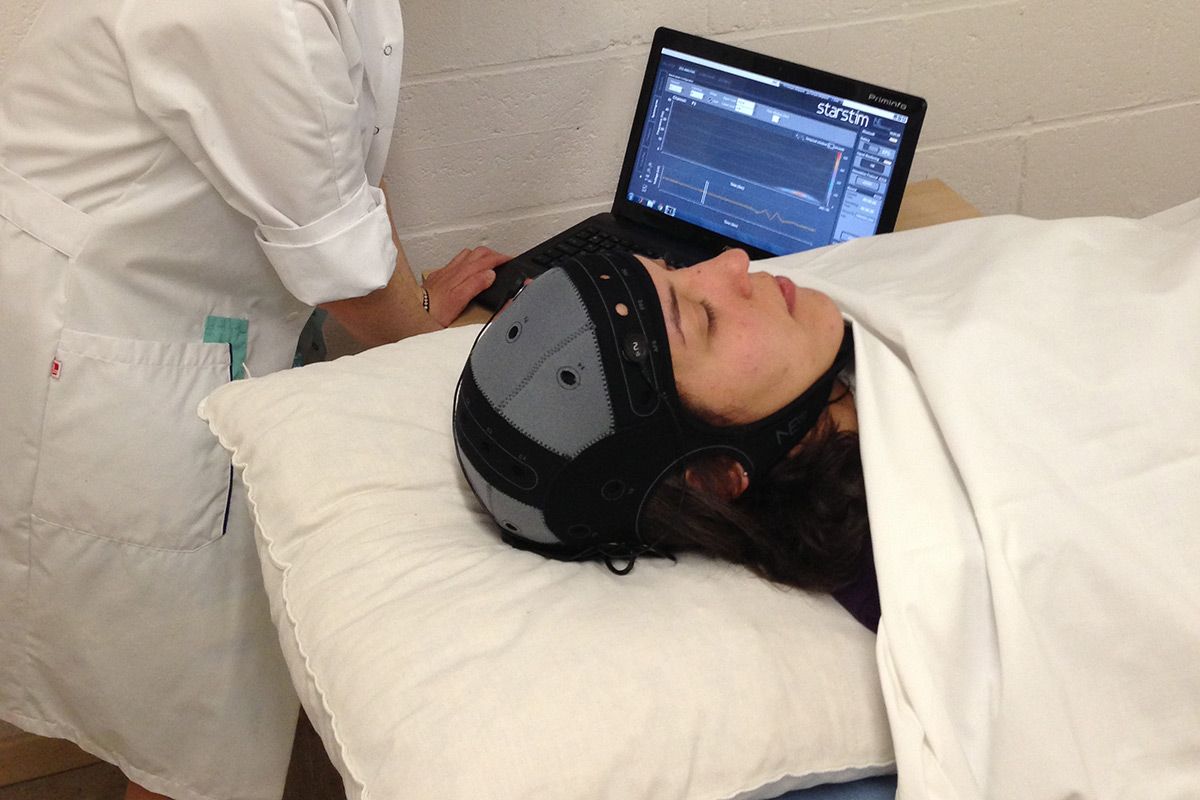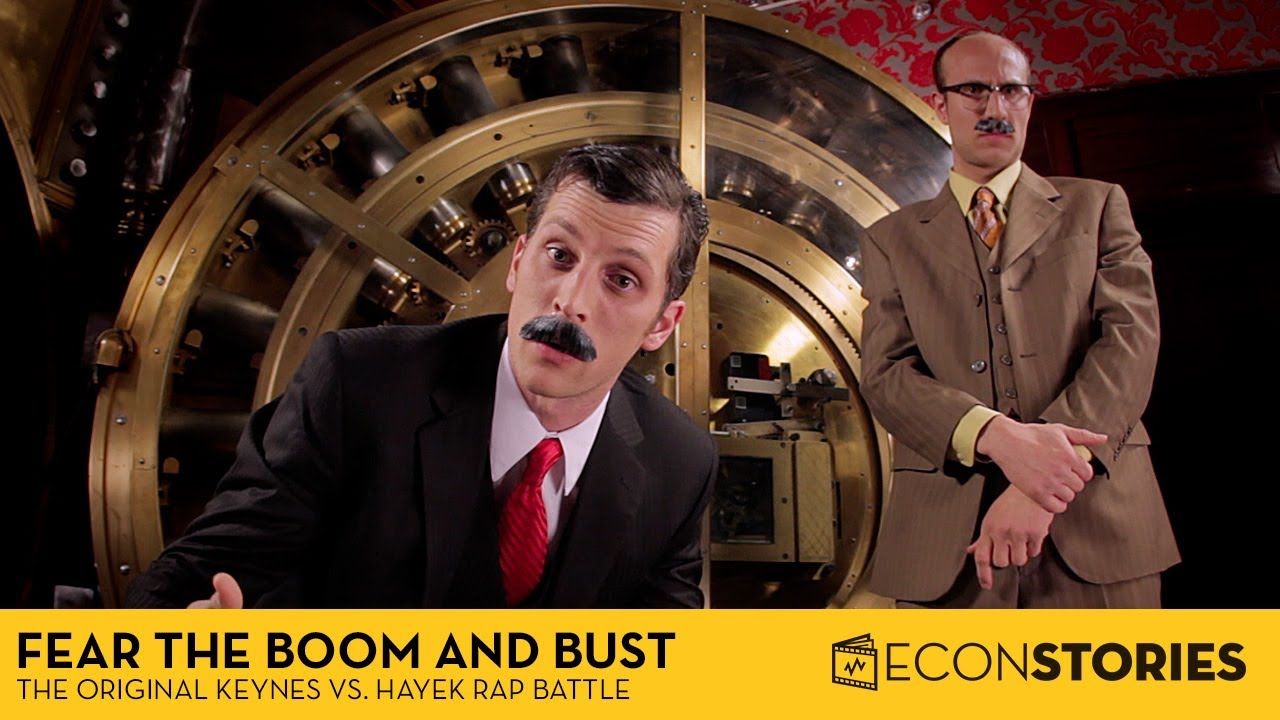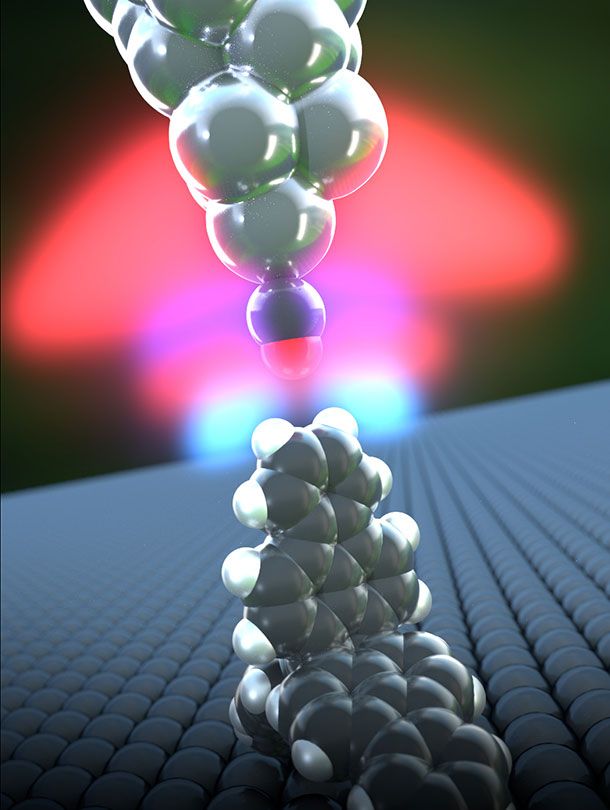Page 10074
May 14, 2017
Telescope Upgrades Will Allow Scientists to See 13 Billion Years Into the Universe’s Past
Posted by Shailesh Prasad in category: space
A new update to the Hydrogen Epoch of Reionization Array radio telescope will let scientists see the universe as it was 13 billion years ago.
While we are used to much of our tech getting smaller, telescopes seem to be embracing the philosophy of bigger is better. The HERA (Hydrogen Epoch of Reionization Array) radio telescope is among those massive arrays peeking not only to far distances, but also through billions of years.
May 14, 2017
Android Pay adds support for 71 more banks and merchants
Posted by Shailesh Prasad in categories: finance, mobile phones
Android Pay keeps growing its network of supported institutions. The mobile payment system added as many as 71 new places where you can carry out Android Pay transactions. The complete list of new additions is available at the end of the article.
With Android Pay, both your credit card and the institution that services it must be compatible in order for the system to function. Google keeps adding new banks and merchants in order to increase its range of support. Once set up, the system works by simply tapping your phone on a payments terminal at the store. The functionality is also available in Android Wear 2.0 smartwatches.
Recently, Android Pay was updated with PayPal integration, enabling users to pay quickly using their PP balance. The service is available in 13 countries across the world.
Continue reading “Android Pay adds support for 71 more banks and merchants” »
May 14, 2017
Brain zaps let minimally conscious people communicate for a week
Posted by Shailesh Prasad in categories: innovation, neuroscience
By Helen Thomson
People in a minimally conscious state have been “woken” for a whole week after a brief period of brain stimulation. The breakthrough suggests we may be on the verge of creating a device that can be used at home to help people with disorders of consciousness communicate with friends and family.
People with severe brain trauma can fall into a coma. If they begin to show signs of arousal but not awareness, they are said to be in a vegetative state. If they then show fluctuating signs of awareness but cannot communicate, they are described as being minimally consciousness.
Continue reading “Brain zaps let minimally conscious people communicate for a week” »
May 14, 2017
5 Books That Will Make You More Well-Rounded
Posted by Shailesh Prasad in category: Elon Musk
“Today a reader, tomorrow a leader.” ―Margaret Fuller
Want to know one of the “secrets” to becoming a better leader? Become a more voracious reader.
One of the best ways to “stand on the shoulders of giants” is to read. We hear it all the time—that the most successful people, our greatest leaders, are people who read constantly (including Bill Gates, Steve Jobs, Elon Musk, and Warren Buffett).
Continue reading “5 Books That Will Make You More Well-Rounded” »
The world isn’t changing — it has already changed. Just a few decades ago, the path to the “good life” seemed so obvious. Go to school. Graduate college. Pay your dues. Build your career.
Just play by the rules and you’d be guaranteed a spot at the table.
That’s what we were promised by our parents, our grandparents, our teachers and professors, our politicians and our society as a whole.
May 14, 2017
My favorite college professor was YouTube
Posted by Shailesh Prasad in category: futurism
May 14, 2017
This guy designed a hologram virtual assistant that actually works — just watch
Posted by Shailesh Prasad in categories: business, holograms, robotics/AI
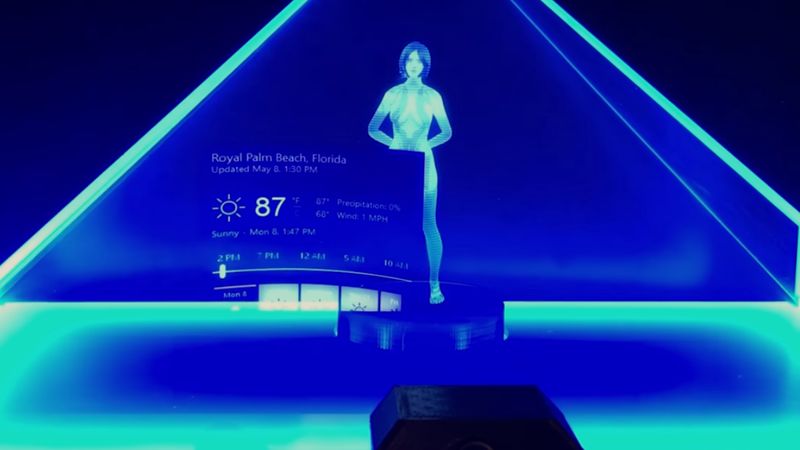
Many of us have already come to know the disembodied voices of personal assistants like Apple’s Siri or Amazon’s Alexa, but now a software engineer has finally put a face to a name.
Jarem Archer, who works as a consultant through his business, unt1tled, created a hologram device to match Microsoft’s Cortana personal assistant from Windows 10. She’s just like Cortana the Halo character, which Microsoft based its own on — she’s a slightly translucent, blue-light babe with a hip-waist-bust ratio that exposes her origins in the world of gaming. But Archer’s Cortana is 3D and paces around inside a pyramid prism that rests on a table. In his demo video, he asks Cortana if he’ll need an umbrella, and she then pulls up a graphic with the temperature and assures him that it’s “probably not necessary.”
Continue reading “This guy designed a hologram virtual assistant that actually works — just watch” »
May 14, 2017
How to create the ‘perfect’ AI-driven bot
Posted by Shailesh Prasad in category: robotics/AI
Imagine the perfect personal assistant.
This partner would understand your needs — often before you’ve even expressed them — and know exactly how to deliver what you’re asking for. They would make helpful suggestions without becoming intrusive, and keep you from missing appointments and opportunities. Most importantly, this personal assistant would be someone you can trust implicitly.
Now, how do you embody those traits in an artificial intelligence-powered service? Our experience creating our travel assistant app, Mezi, illustrates key principles of AI regarding the ongoing role of human involvement and how to draw the dividing line between valued assistance and unwelcome intrusion. Here’s what we’ve learned recently.
Continue reading “How to create the ‘perfect’ AI-driven bot” »
May 14, 2017
Hydrogen bonds directly detected for the first time
Posted by Shailesh Prasad in categories: nanotechnology, particle physics
For the first time, scientists have succeeded in studying the strength of hydrogen bonds in a single molecule using an atomic force microscope. Researchers from the University of Basel’s Swiss Nanoscience Institute network have reported the results in the journal Science Advances.
Hydrogen is the most common element in the universe and is an integral part of almost all organic compounds. Molecules and sections of macromolecules are connected to one another via hydrogen atoms, an interaction known as hydrogen bonding. These interactions play an important role in nature, because they are responsible for specific properties of proteins or nucleic acids and, for example, also ensure that water has a high boiling temperature.
To date, it has not been possible to conduct a spectroscopic or electron microscopic analysis of hydrogen and the hydrogen bonds in single molecules, and investigations using atomic force microscopy have also not yielded any clear results.
